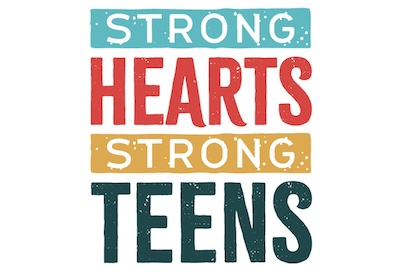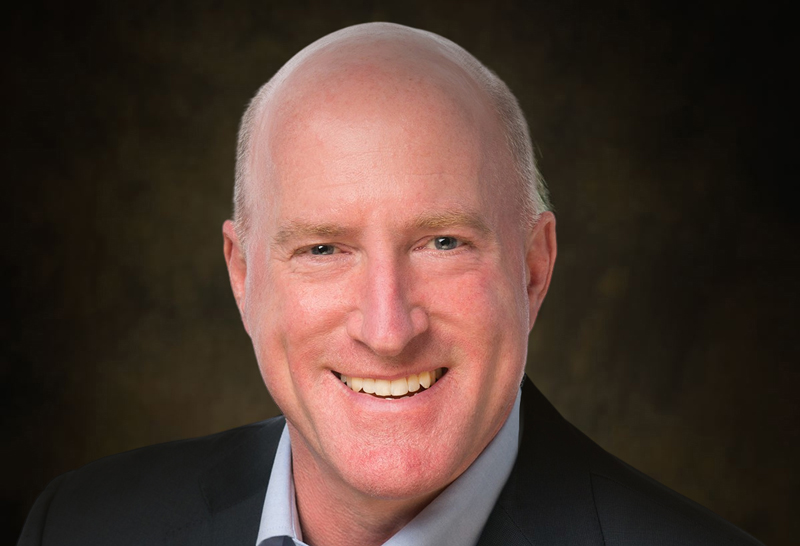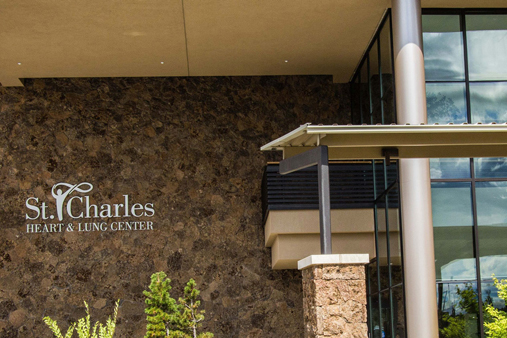Months into the COVID-19 pandemic, St. Charles’ Clinical Practice and Professional Development department realized hundreds of caregivers’ CPR certification was due to expire—but in-person classroom learning wasn’t an option.
Without an updated CPR certification, caregivers can’t work on the floor. CPPD had to innovate, and fast.
“What we realized is that if we didn’t do that in about three or four months, we would have 1,000 caregivers—or we could possibly—that we would have to certify,” said Kelly Miller, a nurse educator.
The solution was a novel “high-frequency, low-dose approach” to CPR training that has boosted caregivers’ confidence administering CPR, saved the organization money and just last week earned it an award from the American Heart Association.
Miller said opportunity knocked when the AHA’s Resuscitation Quality Improvement Program (RQI) offered to partner with the health system, making its groundbreaking model for CPR training available at no cost during the pandemic.
Whereas the traditional model for CPR certification is to offer hours of in-person training in a classroom once every two years, the RQI program keeps caregivers’ certifications active by offering them short bursts of online education and hands-on practice using carts placed throughout the hospitals. And because the training happens quarterly, caregivers’ skills stay sharp.
“It’s … taking education to caregivers at the bedside,” Miller said. “You can’t beat that kind of training and that’s the way things are moving.”
The program is a win-win-win, she said: It helps caregivers feel more confident administering CPR, which when combined with defibrillation, is still the most effective way to revive a patient in cardiac arrest; it improves the survival rate of patients who experience cardiac arrest in a hospital, and it saves St. Charles about $1 million annually.
That estimated savings, Miller said, is based on how much money it costs to pull a caregiver off the floor for a four- to eight-hour CPR class, the cost of the CPR instructor and the cost to replace the caregiver on the floor.
“So, we delivered the best, evidence-based practice, helping the outcome of patients—(improving) survival rates—and we did it saving resources,” she said. “Til’ this day I have passion for it, no matter what. I just think it’s one of the best things AHA has ever done.”
St. Charles’ implementation of the program has been so successful that it recently earned RQI’s Lighthouse award for collaboratively demonstrating best practices with RQI Solutions.
The award recognizes hospital systems that “advocate for quality and culture of resuscitation excellence that serves as a beacon to other organizations looking to improve their resuscitation programs and patient outcomes.”
For Miller, it’s all about taking the best care of patients.
“I just appreciate St. Charles for seeing the power in the evidence and realizing how it could impact our community.”





